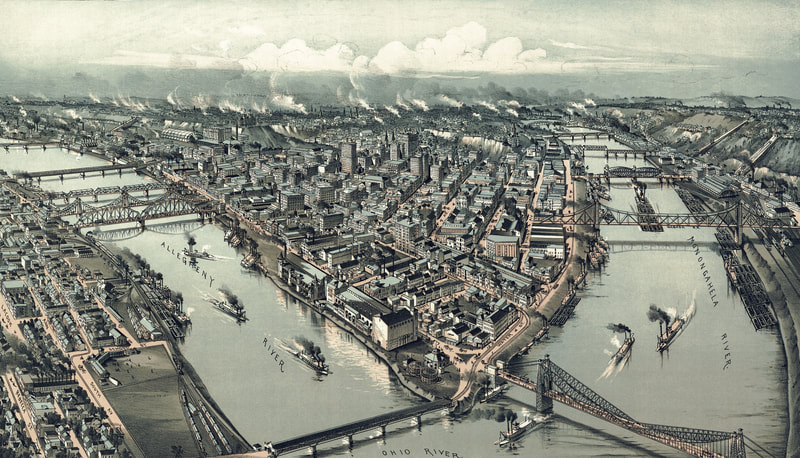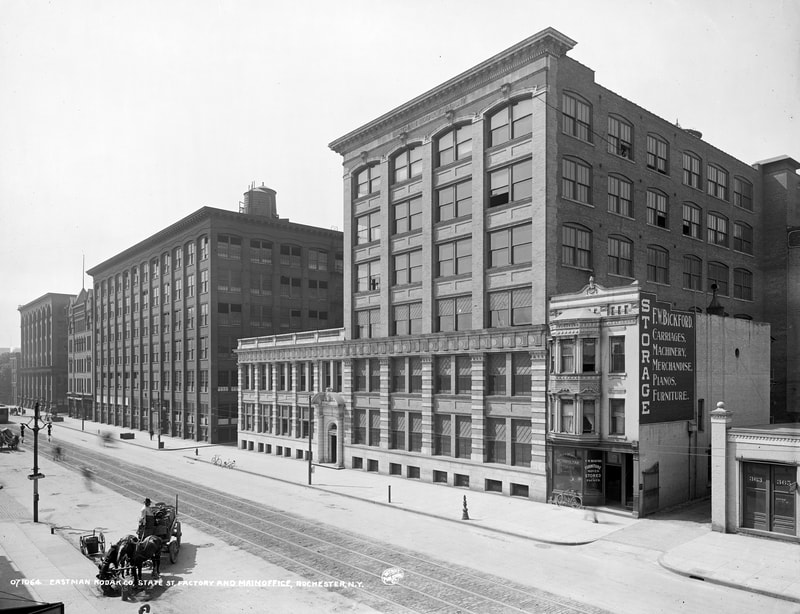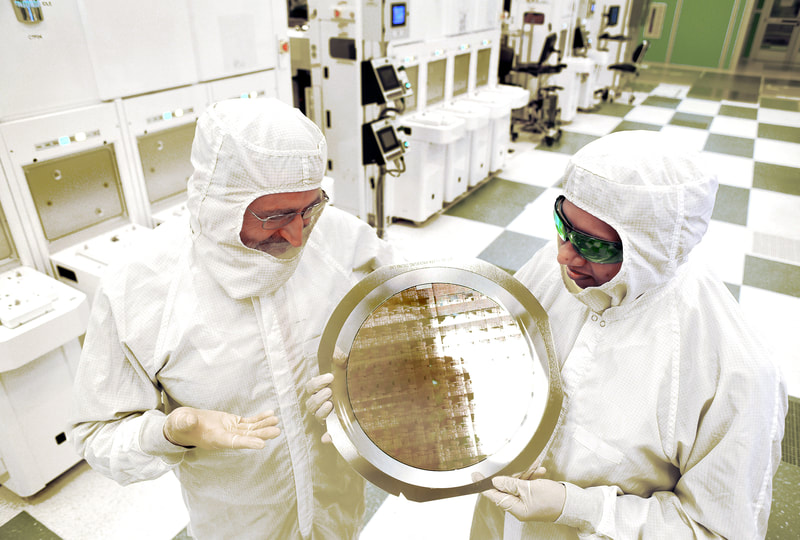Executive Director | Research Scientist
Industrial Performance Center
Work of the Future Initiative
MIT
I study how workers, firms, and regions adapt to technological and industrial change. My two main projects examine the conditions under which innovation -- and innovation policies -- can generate better jobs for workers and more prosperity for regions.
(CV)
**************************************************
Images (left - right):
1. Pittsburgh, 1902. Pittsburgh's rivers were a hub for the global steel industry: "Stop the mills of Pittsburgh and the industries of half the world would feel the shock." -R.L. Duffus (source: Library of Congress Geography and Maps division, accessed via Wikimedia Commons)
2. Eastman Kodak Factory, Rochester, NY, 1900. Eastman Kodak dominated the Rochester economy during the 20th Century. one account suggests that the company at its peak was responsible for as much as half of the local economic activity (source: Library of Congress Prints and Photographs Division, accessed via Wikimedia Commons).
3. Clean room in Albany, NY. Albany's nanotechnology research campus -- a partnership between the state university system and IBM -- originally focused on environmental sciences, but has since become a hub for the research and production of silicon wafers (source: IBM, accessed via Wikimedia Commons) .
Industrial Performance Center
Work of the Future Initiative
MIT
I study how workers, firms, and regions adapt to technological and industrial change. My two main projects examine the conditions under which innovation -- and innovation policies -- can generate better jobs for workers and more prosperity for regions.
- Manufacturing: my research examines the relationship between technology and the workforce. With empirical analysis, interviews, and factory observation, it draws links between slow technology adoption, wage stagnation, and the persistent labor shortage among manufacturers in high-wage regions. By comparing outlier firms -- employers with advanced technology and high wages -- to representative firms, this work aims to identify opportunities for policymakers and practitioners to strengthen manufacturing competitiveness.
- Regional prosperity: my research traces how government interventions and local industrial strategies in the U.S. Rust Belt have helped some places recover from the decline of U.S. manufacturing more successfully than others. I focus on places I call "bright spots" in struggling regions, where income growth and intergenerational mobility have been comparatively high despite population loss or declining legacy sectors.
(CV)
**************************************************
Images (left - right):
1. Pittsburgh, 1902. Pittsburgh's rivers were a hub for the global steel industry: "Stop the mills of Pittsburgh and the industries of half the world would feel the shock." -R.L. Duffus (source: Library of Congress Geography and Maps division, accessed via Wikimedia Commons)
2. Eastman Kodak Factory, Rochester, NY, 1900. Eastman Kodak dominated the Rochester economy during the 20th Century. one account suggests that the company at its peak was responsible for as much as half of the local economic activity (source: Library of Congress Prints and Photographs Division, accessed via Wikimedia Commons).
3. Clean room in Albany, NY. Albany's nanotechnology research campus -- a partnership between the state university system and IBM -- originally focused on environmental sciences, but has since become a hub for the research and production of silicon wafers (source: IBM, accessed via Wikimedia Commons) .


